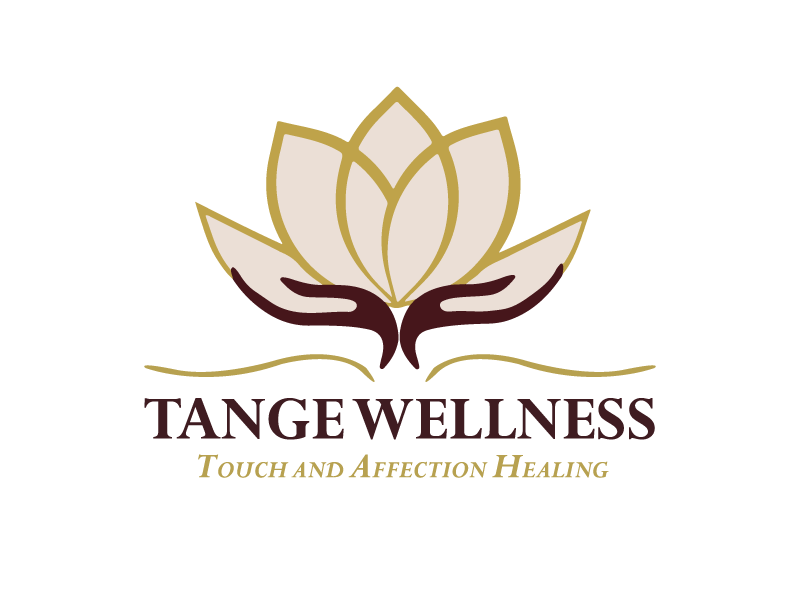How Platonic Touch and Cuddle Therapy Can Ease Our Minds
Have you ever listened to Billy Joel's "My Life" and felt a sense of unapologetic freedom? A few months ago, I posted an Instagram reel with this very song. It featured the iconic line, "I don't care what you say anymore, this is my life," and then I fell back on my cozy, cuddly bed. I was promoting the fact that platonic touch and cuddle therapy is a way to combat stress and anxiety. It received a few likes, probably because Billy Joel was on it, but why not explore how platonic touch and cuddle therapy can be a tool in our lives?
Touch and cuddle therapy is often looked at with curiosity and skepticism. It's a therapeutic modality rooted in the most basic human need - physical connection. Anything from a friendly handshake to a comforting pat on the back, touch is an essential part of who we are as mammals. We are so disconnected, busy, and preoccupied that platonic touch and cuddle therapy allows a safe and consensual space where people can actively engage in touch.
Positive touch is not just for soothing each other or to show affection, it is hardwired in our brains and physiology. That’s right, science! Studies have shown that positive, consensual touch can trigger the release of oxytocin, known as the 'love hormone', and promotes a sense of well-being, and reduces cortisol, a stress-related hormone. This biochemical reaction can lead to less anxiety, a positive mood, and even better immune system functioning. Now, who wouldn’t want that?
Despite its benefits, touch therapy often faces skepticism. Critics question its efficacy and regard it as too simplistic to address complex emotional issues. However, when viewed as a complement to traditional therapies, platonic touch and cuddle therapy's role becomes clearer. When viewing someone’s well-being with a holistic lens, it is easy to realize what a valuable tool it can be.
I've come across numerous accounts where individuals, initially doubtful, found solace in platonic touch and cuddle therapy. One specific story that stands out is of a young man grappling with bipolar disorder, psychosis, and ADHD who found calm and loving acceptance in sessions. During the session, he said he felt 'safe’ for the first time and did not want it to end.
Incorporating positive touch into our daily lives can be simple and yet incredibly impactful. My suggestion, start with small, consensual gestures like hugs with loved ones or hand-holding during walks. For those seeking professional platonic touch and cuddle therapy, it's crucial to find a certified therapist who respects personal boundaries and operates within a framework of consent.
As Billy Joel sings, "I don't care what you say anymore, this is my life," we can embrace therapies that resonate with us, despite the skepticism. Touch and cuddle therapy, with its roots in our inherent need for connection, offers a unique and powerful modality to combat stress and anxiety amongst many other things.




